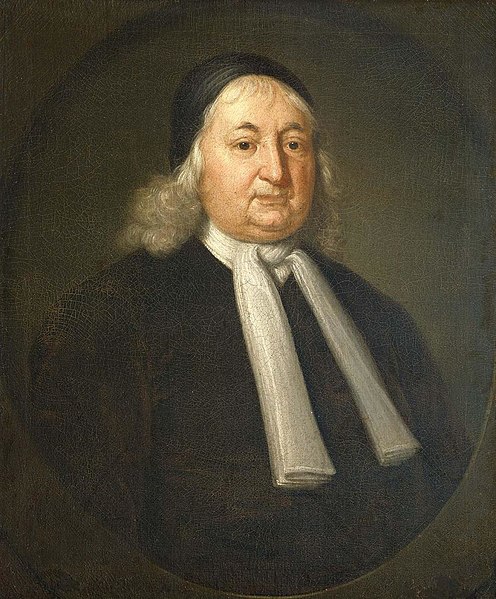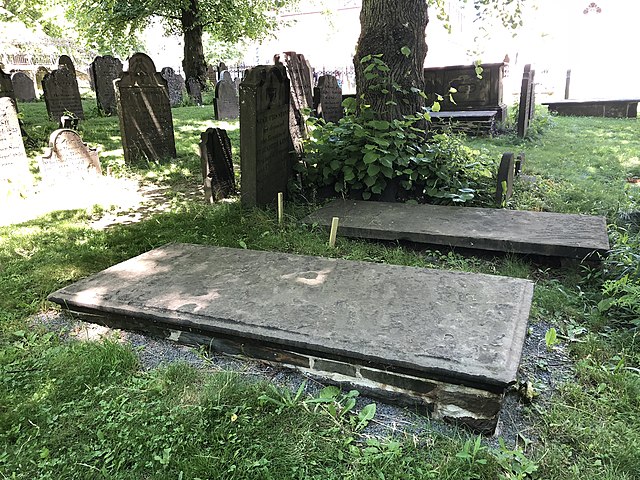Infinite photos and videos for every Wiki article ·
Find something interesting to watch in seconds
World Banknotes
Celebrities
Supercars
Sports
Orders and Medals
Wars and Battles
Famous Castles
History by Country
Presidents
Largest Empires
Great Museums
Recovered Treasures
Wonders of Nature
Animals
Countries of the World
Tallest Buildings
Great Cities
Richest US Counties
Largest Palaces
British Monarchs
Great Artists
Ancient Marvels
Rare Coins
Best Campuses
Crown Jewels
Kings of France
more top lists


![Wendell Phillips, abolitionist, [ca. 1859–1870]. Carte de Visite Collection, Boston Public Library.](https://upload.wikimedia.org/wikipedia/commons/thumb/4/4b/Wendell_Phillips%2C_abolitionist_-_DPLA_-_ddd98a5cd73c92a8ce1c9c6f11658ecc_%28page_1%29.jpg/369px-Wendell_Phillips%2C_abolitionist_-_DPLA_-_ddd98a5cd73c92a8ce1c9c6f11658ecc_%28page_1%29.jpg)





